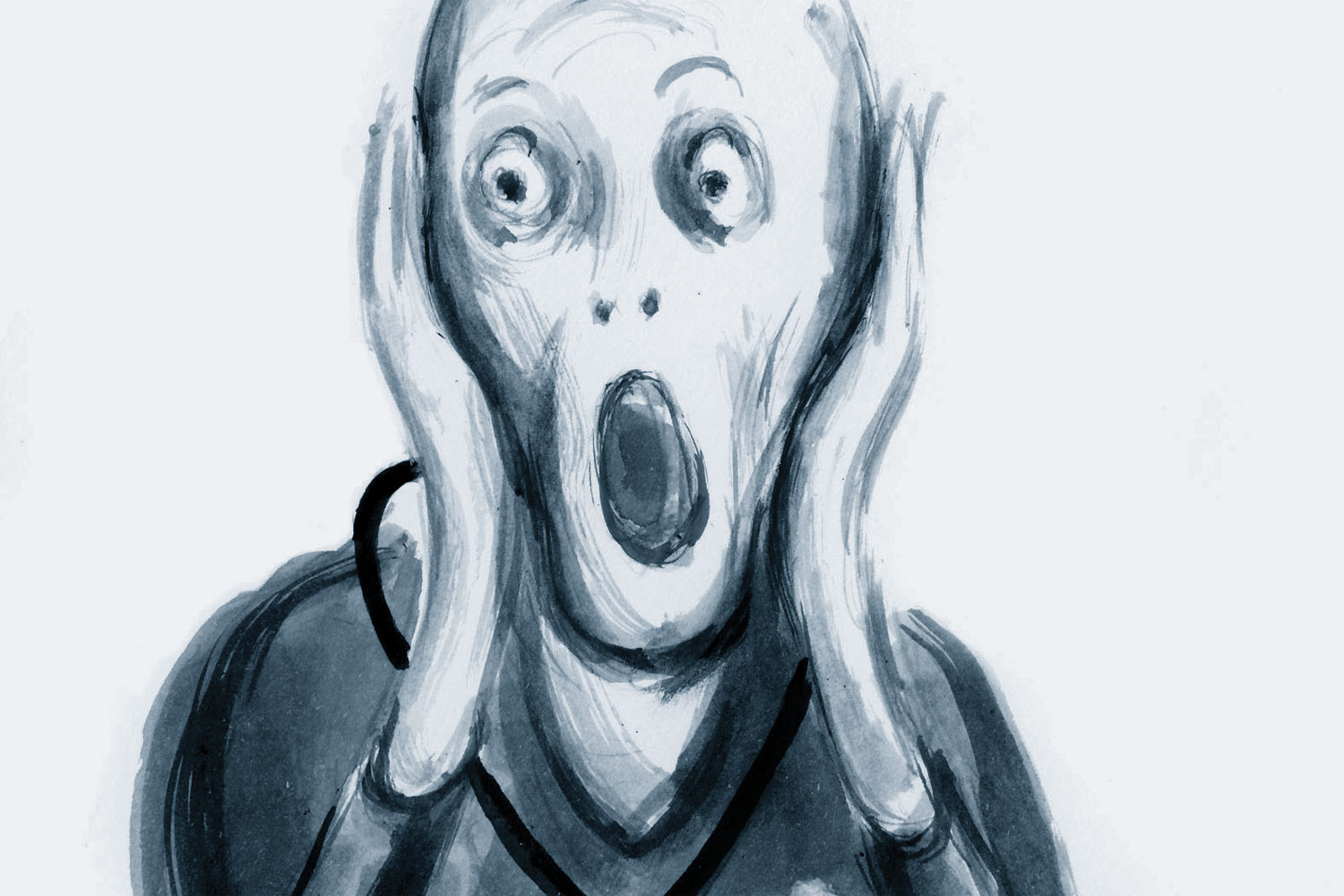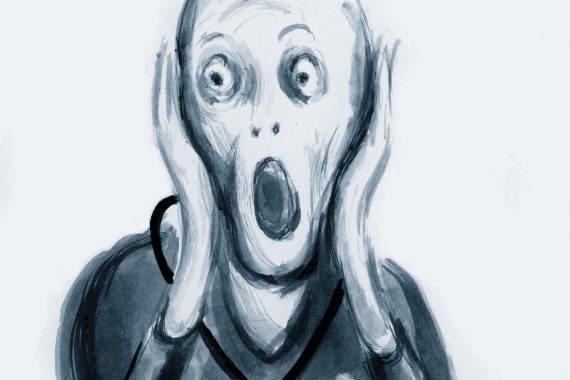
I’m quite happy, as a selfless and uncomplaining servant both to the NHS and to you, dear reader, to do all the dirty jobs no one else wants to do.
One of these tasks I set myself is to read and ridicule stuff (eg, NICE guidance) to save you the bother of having to do it yourself.
And so it is with some recent research in the British Journal of General Practice about GPs’ processing of discharge summaries.
What this paper found was that actions requested in hospital discharge summaries, such as medication changes, investigations and referrals, were not completed in 46% of patients aged 75 and over after an emergency admission.
We’re clearly sifting out the rubbish and acting only on what’s important
And we all know why that is, don’t we children? It’s because these ‘GP to sort’ requests for follow-up/referral/investigation/medication revamp etc etc are so stupid, pointless, incomprehensible, irrational, ambiguous or deranged that we treat them with the contempt they deserve.
So far, so obvious. But then the paper’s conclusion goes seriously off piste. ‘These results,’ it says, referring to the 46% we shred, ‘are an indicator of the importance of careful processing of discharge summary information.’
Er, no. Because, as the paper signs off, ‘associated harms were uncommon and were of moderate severity’. In other words, we are carefully processing the discharge summary information, at least to a safe level, because we’re clearly sifting out the rubbish and acting only on what’s important.
So these results are actually an indicator of the importance of discharge summaries to be more logical, judicious and realistic in their requests.
Or, better still, rather than dump all this crap on us, for secondary care to fund its own community housemen.
Because, yes, I’ll do the dirty jobs, but even I draw the line at this.
Dr Tony Copperfield is a GP in Essex
Pulse October survey
Take our July 2025 survey to potentially win £1.000 worth of tokens














